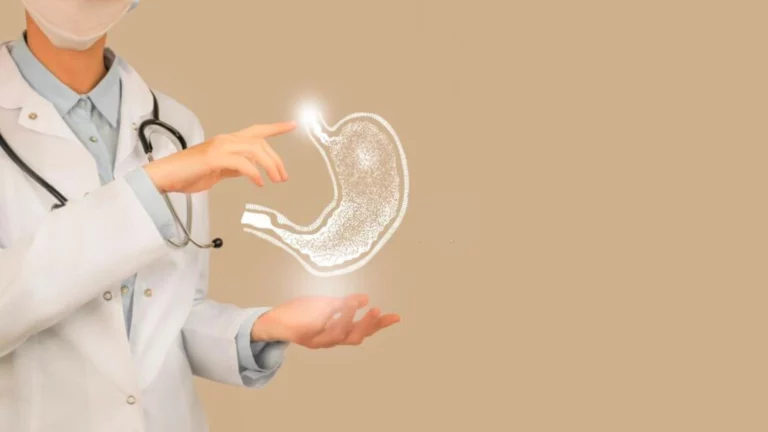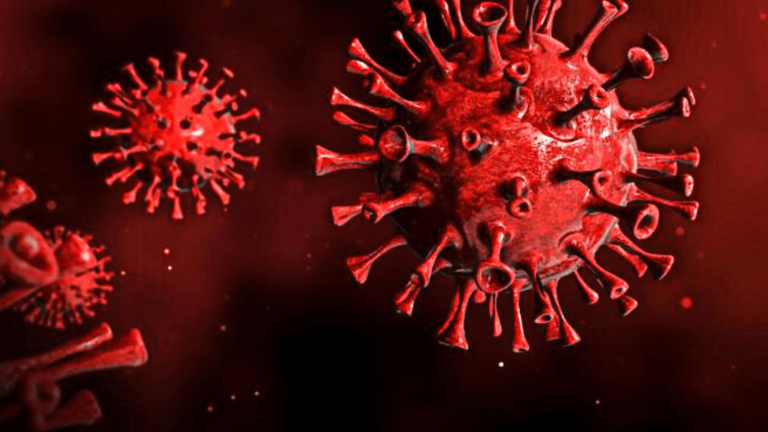Protein Intake May Influence Weight Loss: Study Offers A Breakthrough
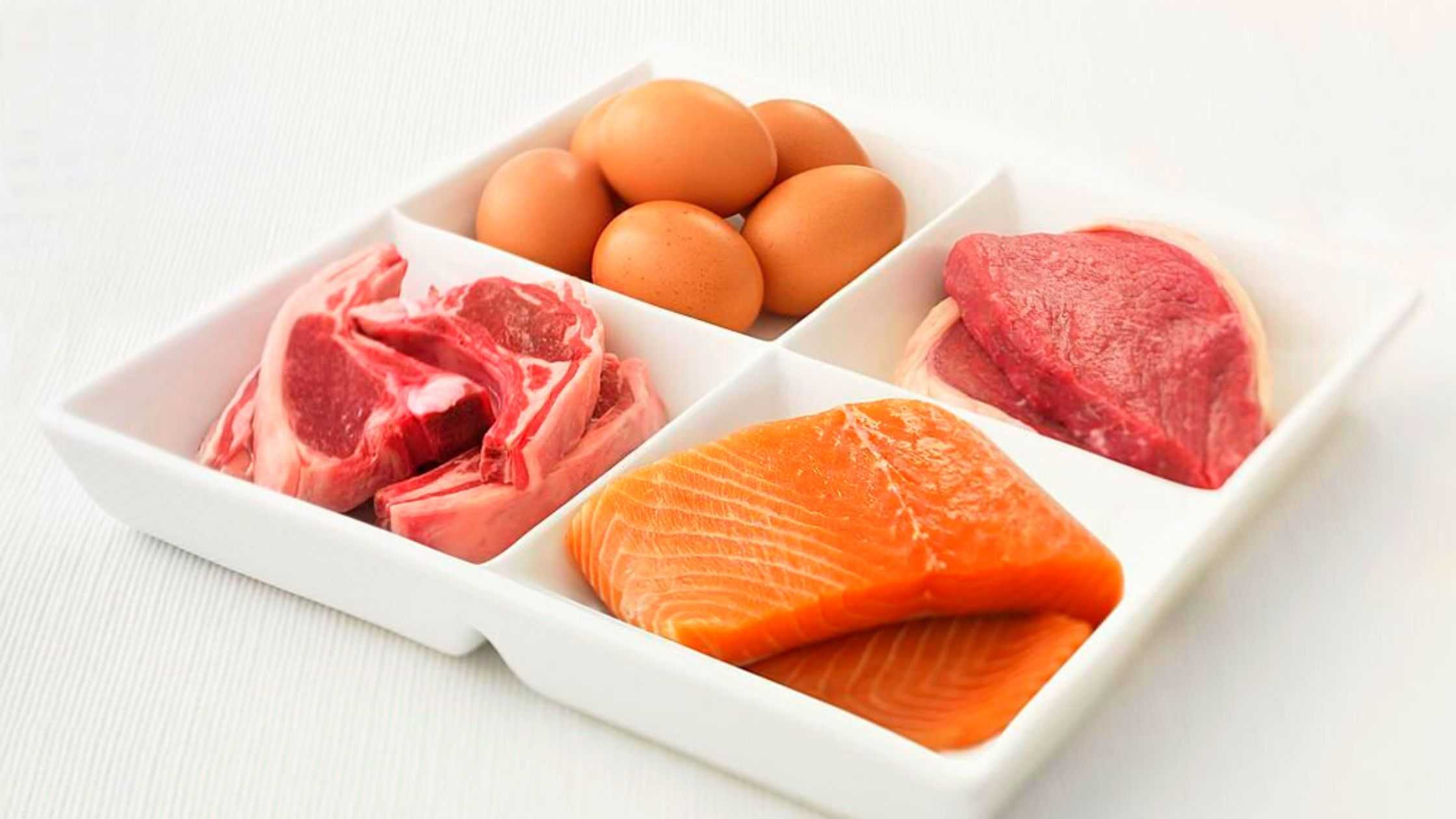
Since the middle of the 1970s, the prevalence of obesity has tripled worldwide. A significant health issue, obesity is primarily caused by an imbalance in energy homeostasis, where too many calories are consumed and not enough are expended.
Since that’s the case, weight loss has been a hot topic for years and most people consider workouts and a calorie-deficit diet as the only source to lose weight. But more detailed research has been produced since and other measures have gained ground in shedding that extra pound.
Likewise, many people who have been successful in weight loss have faced another challenge – weight regains after the stoppage of diet. In 2001, a meta-analysis of weight loss diets found that more than 50% of weight loss is regained within 2 years and more than 80% of lost weight is regained within 5 years.
Researchers recently examined the effects of diets with various protein levels on the levels of fat in mice after dietary restriction to better understand what causes weight gain after dieting-related weight loss.
What Are The Findings?
According to the study, a high-protein diet may prevent weight gain after a brief period of dietary restriction by increasing the gut bacteria Lactobacillus, which restricts intestinal lipid absorption. They concluded from additional tests that, as opposed to increased food intake, increases in fat levels were caused by increased fat absorption in the intestines.
The energy expenditure of mice fed normal protein diets was higher than that of mice fed high-protein diets, indicating that the advantages of a high-protein diet came from other sources – it decreased intestinal fat absorption. They also discovered that mice on regular diets had higher levels of Lactobacillus bacteria than mice on high-protein diets after further investigation.
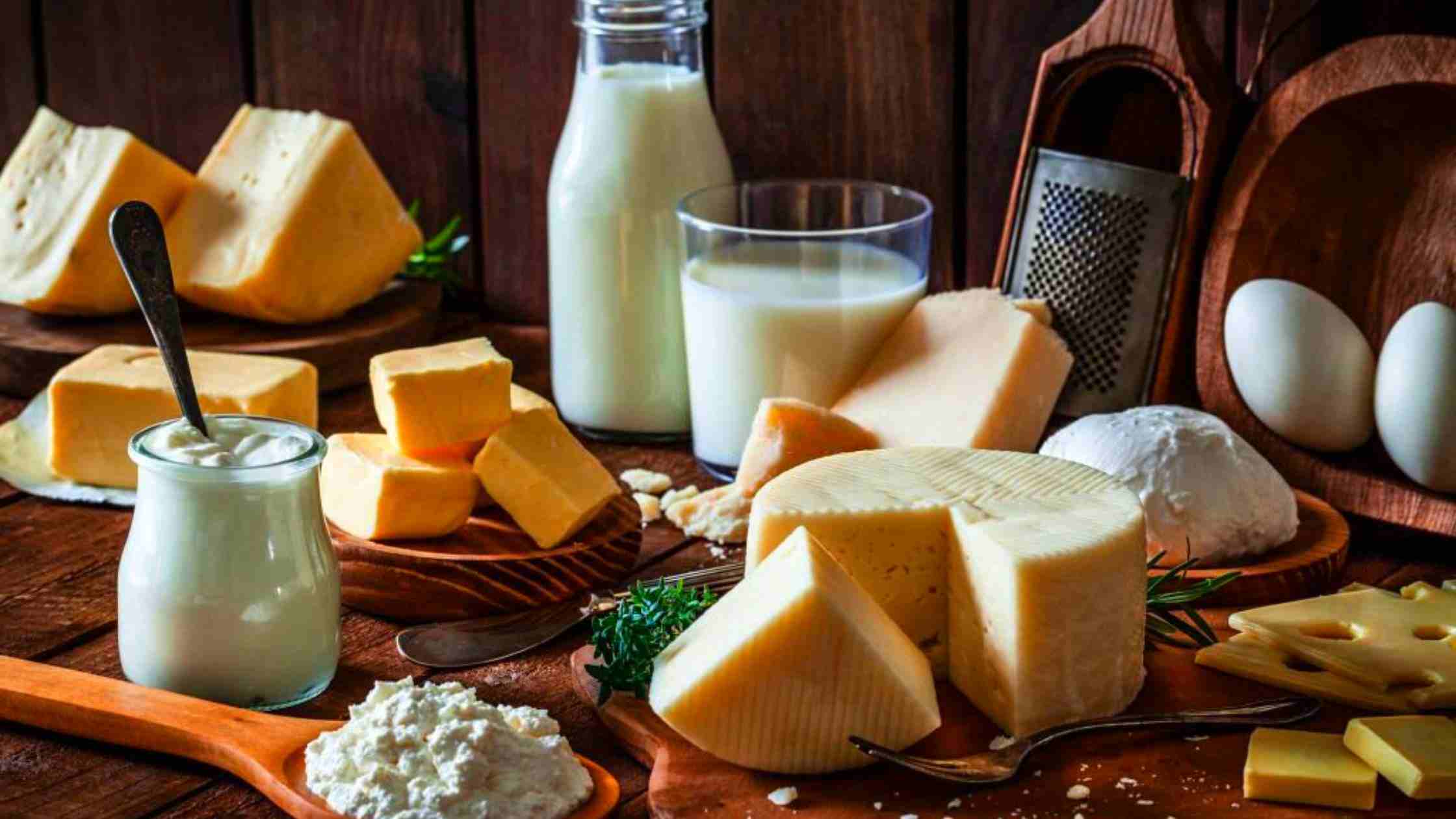
However, the researchers in an effort to reinforce this initial finding embarked on additional measures – penicillin treatment for a week prior to putting mice on restricted diets. It was concluded that targeting Lactobacillus after dietary restriction with a high-protein diet or antibiotics could prevent obesity after dieting because the experiment reduced Lactobacillus and the subsequent intestinal fat absorption made the results intriguing.
The results with mice are however limited because the research findings have not attained the status to be tried and tested in humans.
Protein And Weight Loss
Everyone who’s looking to lose that extra pound that needs protein. Period. A high-protein diet increases metabolism, curbs appetite, and alters several hormones that control weight. Especially good for belly fat.
While this doesn’t necessarily mean more protein, it is enough to ingest a reasonable amount based on a person’s body composition.
Although calorie restriction is usually necessary for weight loss, eating a lot of protein-rich foods can also help you feel satisfied (and thus less hungry) even when you are on a caloric budget.
However, it should be noted that a higher protein intake actually raises levels of the appetite-suppressing hormones GLP-1, peptide YY, and cholecystokinin while lowering levels of the hormones that cause hunger, ghrelin. In particular, protein outperforms its fellow macronutrients, fat, and carbohydrates, as a satiety signal. In other words, it can automatically cause you to eat fewer calories.
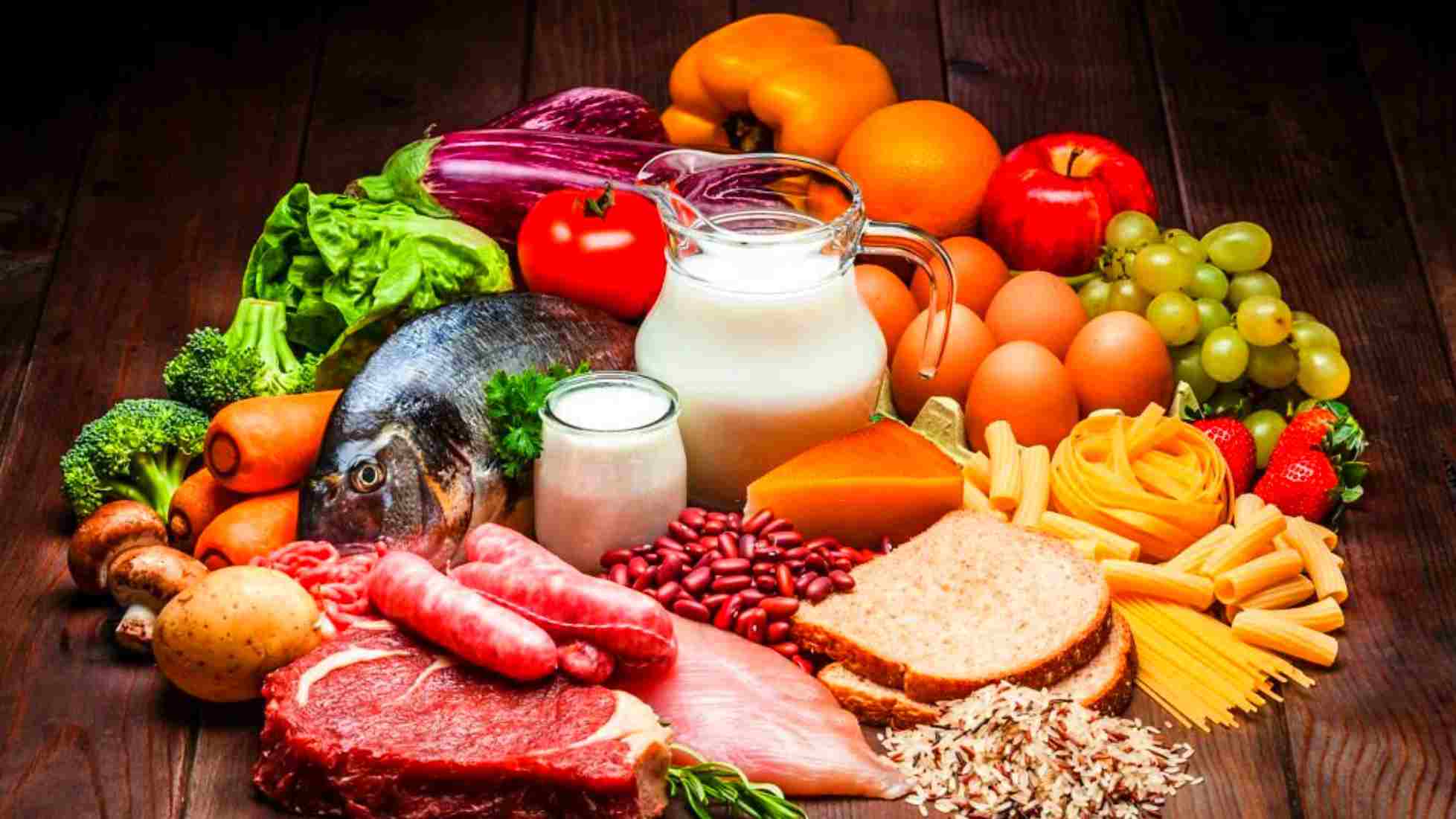
Finally, diet-induced thermogenesis, a process that occurs as your body breaks down protein in your gastrointestinal tract, is another reason why protein is so beneficial. People who consume a lot of protein may experience “meat sweats” because the digestion of protein causes a small increase in metabolism.
But keep this in mind, protein may influence weight loss only under some conditions. If you are exercising and cutting calories, increasing your protein intake is also a good idea. Whereas you won’t lose weight by simply increasing the amount of protein in your diet and calling it a day.
By building patience with time, anyone can achieve their weight loss goals. Sweating it out, maintaining that calorie-deficit diet, and drinking a lot of water can be coupled with protein intake to reap higher benefits.
